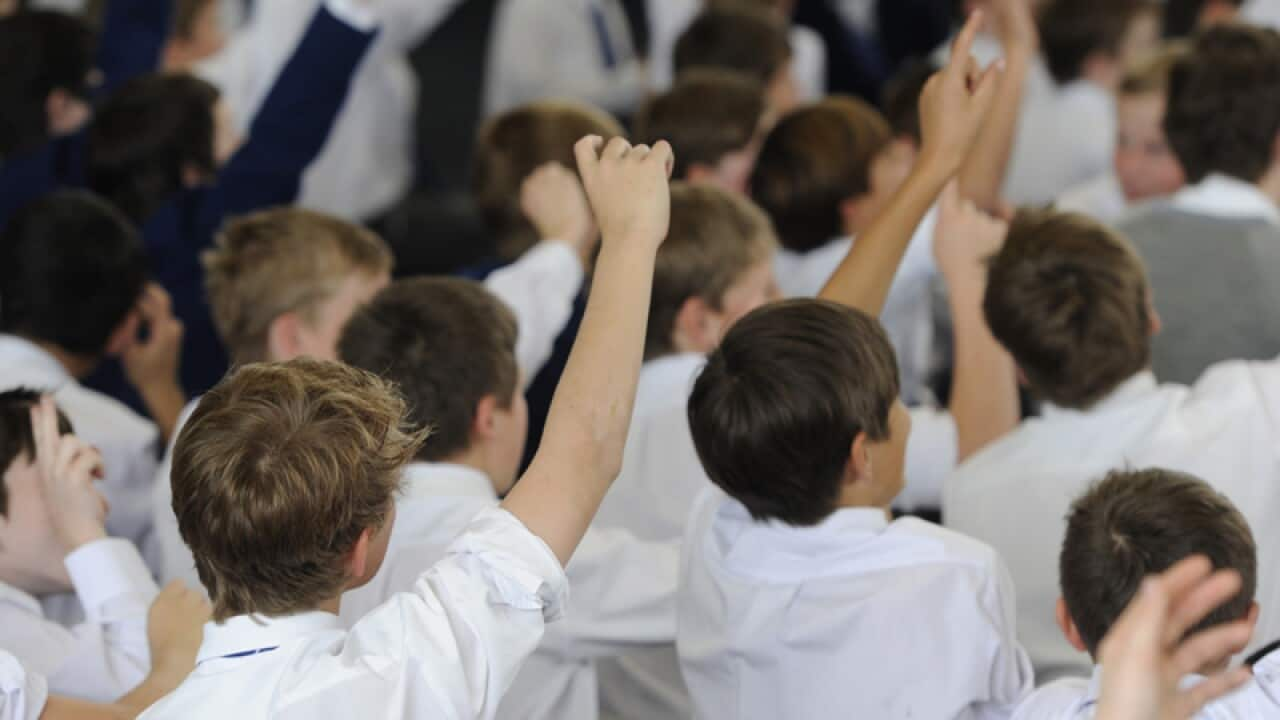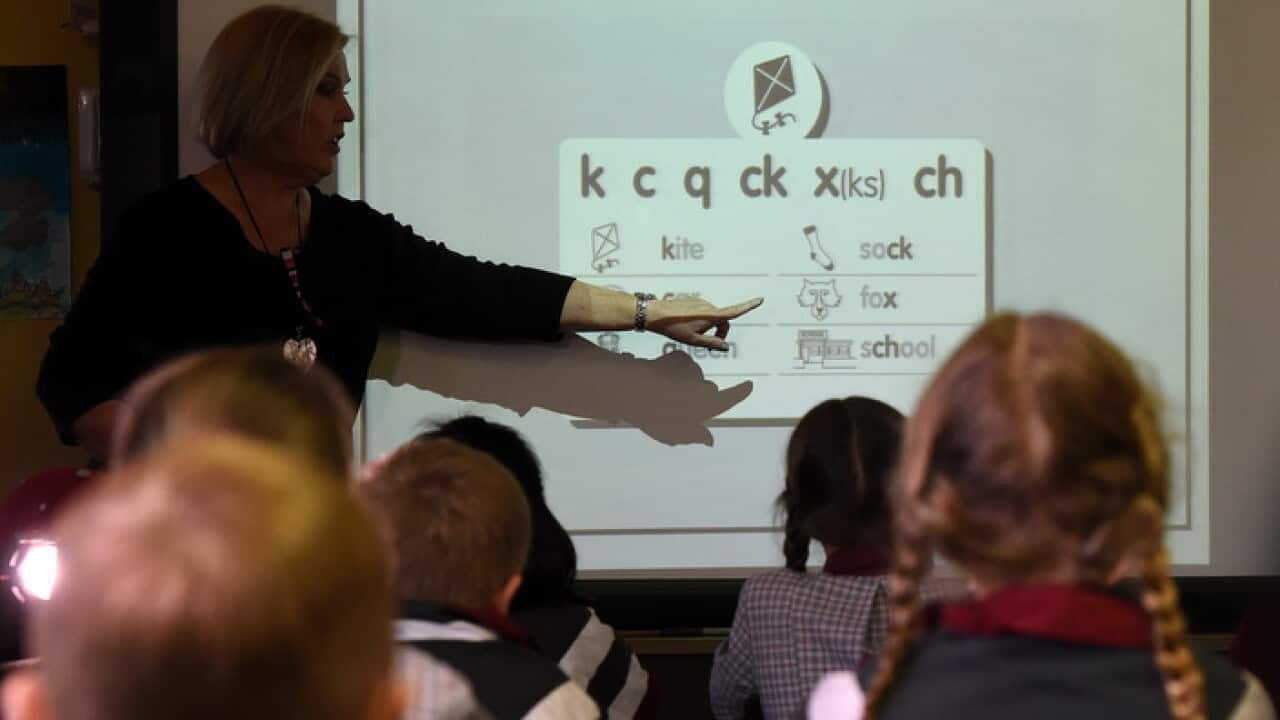Like many other kids his age, 14-year-old Chase is into football and tennis. His favourite subject in school is science.
But his mother Leeann says just a few years ago Chase was having trouble in school, and she became very concerned for his future.
"I was very worried for him, that he would go down the street and mix with the wrong crew," she said.
Chase had been suspended on a regular basis since around the age of seven.
"It wasn't being suspended for fighting or being naughty or anything like that. It was just, being a full-on child," she said.
As a single parent she considered quitting her job to help her son focus.
Instead, she decided to seek help, connecting with aid organisation Save the Children, who ran a mentoring program in her hometown of Ceduna.
Breony Carbines, a regional coordinator with Save the Children, says the program was set up as a form of intervention – stopping smaller behavioural problems before they become more serious.
"It's not unusual to hear of eight, nine, 10-year-olds starting to have contact with police," she says.
"Absconding, getting into trouble, being down the street at the wrong time.
"It starts off maybe with shoplifting and different things, trespass, break and entry, but it sets up a pattern."
Leeann says she's seen a change in her son since having a mentor.
"[He has] a little bit more respect towards me, and other people as well."
But the program that helped Chase is no longer running.
Breony Carbines says Save the Children struggles to find funding for programs that support the "middle years" of childhood between the ages of eight and 14.
"We do believe it's underfunded. It's a tricky area," she said.
She added that there tends to be more funding from the state and federal governments for early childhood, or older teens.
"We know the longer children and young people are disengaged, and their families find it harder and harder to support them and get back into education, it just makes the job bigger," she said.
Flinders University researcher Gerry Redmond says the middle years of childhood remain understudied by academics, and "neglected" by policymakers.
"It's often a time when a lot of children begin to experience anxiety and other issues that can be the genesis of mental health problems later in life, so it's a really important time to focus on," he said.
He would like to see a coordinated approach between schools and the health system.
"There's very little by way of a coordinated action in order to look at the lives of these young people," he said.
But first, he said, there needs to be more analysis.
"There's very little monitoring going on, except, interestingly enough, in terms of academic achievement, where we have national testing."
Share




